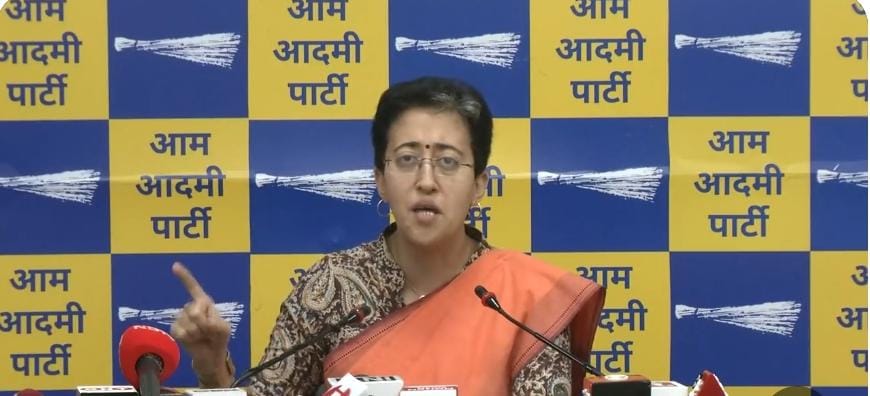NEW DELHI: At a recent press conference, AAP Education Minister Atishi expressed the party’s disagreement with the Supreme Court’s decision to dismiss Manish Sisodia’s bail pleas in a corruption and money laundering case linked to the Delhi excise policy.
The case, brought forward by the Enforcement Directorate (ED), primarily relies on the statements of a sole approver, Dinesh Arora, stated Atishi.
“We respect the Supreme Court, but we disagree with its decision. Our legal team will study it, and we’ll decide on our next legal steps accordingly,” said Atishi.
The Supreme Court’s denial of Sisodia’s bail was based on the tentative establishment of a money trail amounting to Rs 338 crore.
The verdict was delivered by a bench of Justices Sanjiv Khanna and SVN Bhatti, which had reserved its decision on October 17.
Atishi raised questions about the money trail during the hearing, asking how the case could proceed under the Prevention of Money Laundering Act, 2002 (PMLA) if the ED failed to establish how the money reached Sisodia.
“If the probe agency couldn’t show the money trail, how did the Prevention of Money Laundering Act, 2002 (PMLA) case happen,” she asked.
Furthermore, Atishi highlighted the precarious nature of the case, as it hinges on the statements of the approver, Dinesh Arora.
She noted that an approver might say anything to safeguard their own life, raising concerns about
the credibility of his statements.
“During the hearing, it was strongly emphasised that an approver, in a bid to preserve their own life, may potentially make unverifiable claims, raising serious doubts about the reliability of their statements,” stated the AAP minister.
Additionally, Atishi pointed out that the Supreme Court had clarified that policy-making falls outside the court’s jurisdiction, and lobbying is not illegal unless a quid pro quo involving the transfer of money and its conversion from black to white is established.
The court maintained that without concrete evidence of a money transaction, the PMLA would not be implemented.
The AAP’s disagreement with the Supreme Court’s decision highlights the ongoing debate and legal complexities surrounding the case.










